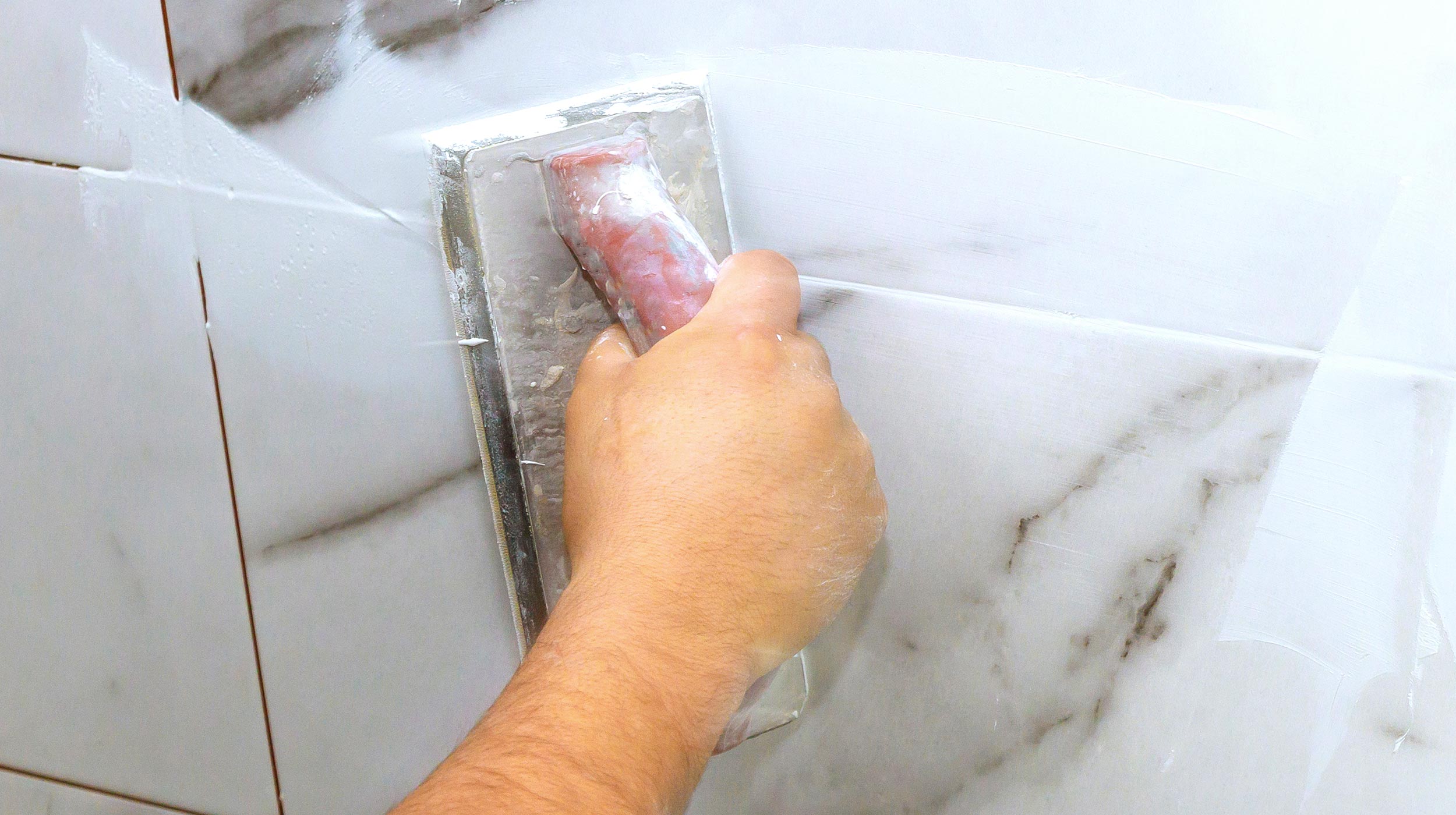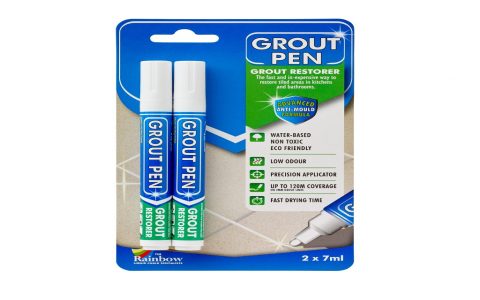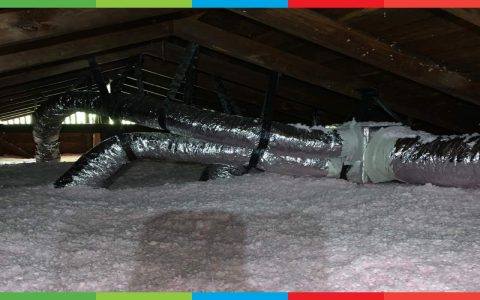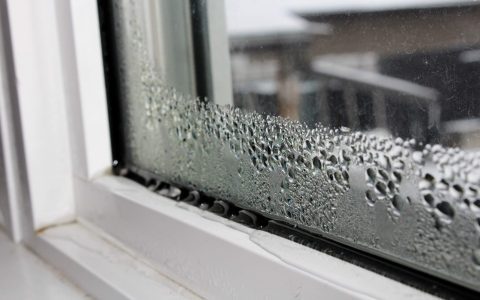Grout Curing Timelines
Grout curing is a multi-stage process, and the time it takes can vary significantly based on the type of grout and environmental conditions. Here's a general guide:
Initial Set (Foot Traffic):
- Most cement-based grouts are typically firm enough for light foot traffic after 24 to 72 hours. During this period, avoid heavy traffic or placing heavy items on the tiled surface.
Water Exposure (Light Use):

- Generally, wait at least 72 hours (3 days) before exposing new grout to intermittent or light moisture, such as wiping down a kitchen backsplash.
- For areas with consistent and direct water exposure, like shower walls and floors, a longer waiting period is crucial. Many manufacturers recommend waiting 7 to 14 days, and sometimes longer, before regular shower use to prevent weakening or discoloration of the grout.
Full Cure (Maximum Hardness & Durability):
- A full cure, where the grout achieves its maximum design strength, hardness, and chemical resistance, takes considerably longer.
- For cementitious grouts (e.g., sanded or unsanded), this complete hydration and curing process typically takes 21 to 28 days.
- Epoxy grouts cure through a chemical reaction and generally achieve a full cure much faster, often within 3 to 7 days, depending on the specific product formulation.
- Urethane grouts (pre-mixed) also have varying cure times, often reaching full cure within approximately 7 days, but always refer to the product data sheet.
Factors Influencing Grout Curing Time
- Type of Grout: Cementitious, epoxy, and urethane grouts have distinct chemical compositions and curing mechanisms, leading to different timelines.
- Temperature and Humidity: Ideal curing temperatures are typically between 50°F (10°C) and 90°F (32°C). High humidity can slow the drying and curing of cementitious grouts. Excessively low humidity or high temperatures can cause cementitious grout to dry too quickly, potentially leading to a weaker, powdery finish.
- Ventilation: Adequate air circulation aids in the evaporation of moisture, which is essential for the proper curing of cementitious grouts.
- Amount of Water Used in Mixing: For cementitious grouts, using the correct water-to-powder ratio as specified by the manufacturer is critical. Too much water can prolong curing, weaken the grout, and lead to color variations.
- Substrate and Tile Porosity: The absorbency of the tile and substrate can affect how quickly moisture leaves the grout.
- Manufacturer's Instructions: Always prioritize the specific guidelines provided by the grout manufacturer. Product formulations differ, and their recommendations are tailored to their specific product.
Why is full cure important?
Allowing grout to achieve a full cure is essential for its long-term performance. It ensures the grout reaches its intended hardness, durability, color consistency, and resistance to stains, mildew, and chemical attack. Subjecting grout to heavy use, aggressive cleaning, or sealing before it is fully cured can compromise its structural integrity and appearance.









